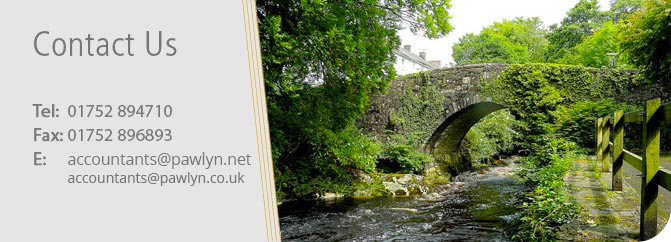It would seem, that HMRC is keen to plug the apparent drain from VAT receipts when contractors and sub-contractors charge their customers VAT and then go missing, keeping the VAT for themselves. This is described in legislation as “missing trader fraud”.
Their preferred method for dealing with this abuse is to make customers responsible for accounting for the relevant VAT charge rather than the supplier of construction services. This is an extension to the reach of the “reverse charge” scheme.
It has been used in the past to tackle similar VAT avoidance tactics. For example, a reverse charge was introduced for:
- mobile telephones and computer chips with effect from 1st June 2007,
- emissions allowances with effect from 1st November 2010.
Further reverse charge measures were introduced for gas and electricity with effect from 1st July 2014 and for electronic communications with effect from 1st February 2016.
The government are considering this extension of the reverse charge process to the construction sector from 1 October 2019.
According to HMRC:
The risk of fraud in the construction industry is principally centred around the supply of construction services between construction businesses in the supply chain and this instrument, therefore, does not require other types of business to apply the reverse charge when receiving construction services and there is also no reverse charge requirement in relation to building and construction materials that are supplied separately and independently of construction services.
They conclude:
Reverse charge accounting makes it impossible for fraudsters to perpetrate missing trader fraud because the customer rather than the supplier accounts for the VAT direct to HMRC. The introduction of the reverse charge in this business sector will mean that businesses will need to adapt their systems and manage their cash flow differently. Due to the large number of small businesses potentially affected by a reverse charge for construction services the government has given a long lead-in time to help businesses adjust, having announced in Autumn 2017 the intention to introduce legislation which will come into force in Autumn 2019.


